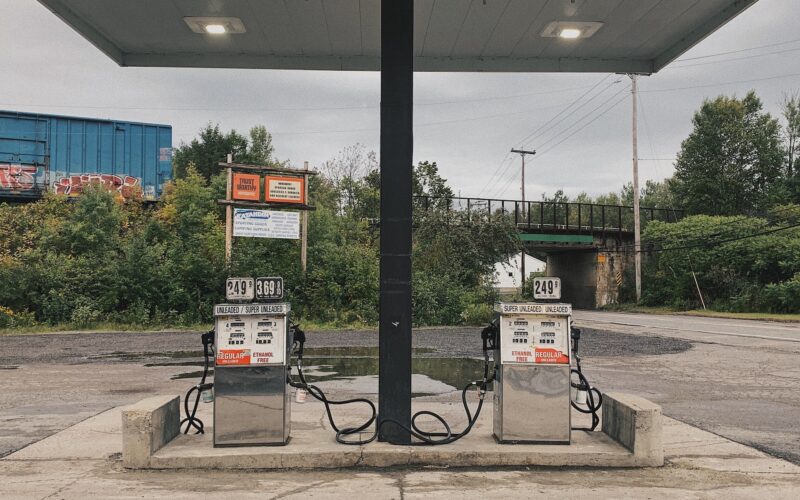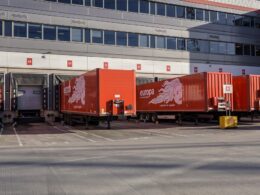The haulage and logistics industry stakeholders have advised for a reduction in fuel tax to allow smooth operations and further reduce inflationary pressure on the economy at large.
Logistics UK, one of the biggest logistics business groups in the UK requested the newly appointed Chancellor of the Exchequer, Nadhim Zahaw to take action to protect the supply chain industry against the rising costs of fuel with the introduction of a 6p per litre fuel tax reduction.
In a recent interview, Logistic UK’s Policy Director, Kate Jennings stressed the importance of fuel on the delivery of goods across the country and the impact that competitive fuel prices have on businesses and consumers.
“77% of all UK supply chain journeys are by road while others always have a road element to provide first or last-mile deliveries. With forecourt diesel prices increasing by 34% since the start of the year, the cost of delivering for UK PLC has risen significantly in that period. This ongoing inflation is placing an unsustainable burden on logistics businesses which operate on very narrow margins and so cannot absorb increased costs at this scale.
“The UK’s logistics operators are already paying duty at a rate which is 63.5% higher than the EU average, and with labour costs also rising, the current exceptional cost of fuel is putting unprecedented pressure on the businesses which the country relies upon to keep it supplied with the goods it requires. And while a 5p per litre cut to duty was welcomed earlier in the year, this has been already absorbed in the ongoing increased running costs for business. A further 6p per litre duty reduction, implemented immediately, would be good for the cost of living, good for business and economic growth, and good for supply chains.”
Ms Jennings proposed a dynamic system, applied to countries like Portugal where the rate of duty is reduced weekly if there is an increase in VAT revenue on fuel sales.
“An increase in the material cost of fuel will still enable the Treasury to achieve tax targets through VAT payments. However, by introducing a dynamic, price-related taxation mechanism, the government can ensure that fuel duty doesn’t add to the inflationary pressures faced by consumers and business.”
A cut in fuel tax of 6p per litre would save costs by £2,424 per year per 44-tonne truck, according to Logistics UK.
Consequently, the Road Haulage Association (RHA) expressed discomfort at the current 60p per litre price. It further added that the volatility of Brent Crude presents uncertainty around future fuel costs.
The RHA has been on the forefront via its posited 15p per litre ‘essential user rebate’ to help hauliers, which it said would also assist with the cost of living and wider economic pressures.
“We are calling on members to write to their local MPs on the issue of fuel prices – and have set up a website with a template letter explaining the need for a rebate,” said the RHA.
“We’re pressing the Treasury hard for this measure which is similar to schemes in several European countries and supported by a number of MPs. But we need to get more parliamentarians on our side to help us win the argument.”
Earlier this year, an insight provided by the Transport Exchange Group (TEG) highlighted fuel costs as the top reason for the rising road freight prices. A report produced in June 2022 indicated that average price-per-mile rates for haulage and courier vehicles were up 18 per cent compared to three years ago.













